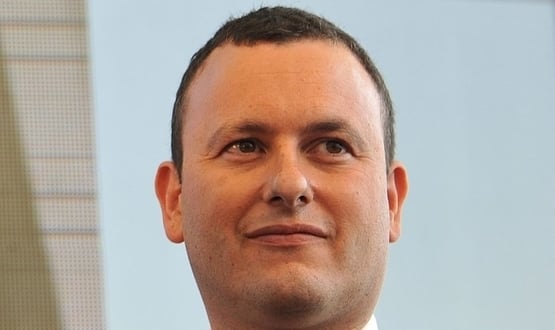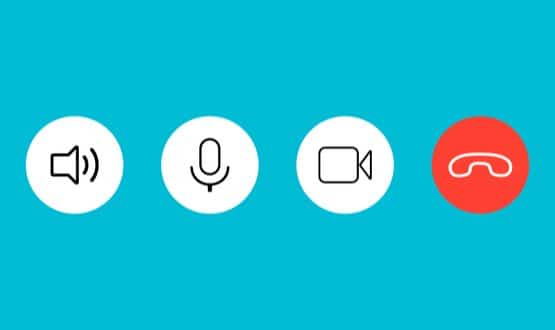Demand for GP e-consultations ‘low’

Seven day working and e-consultations may be popular with politicians but they have not gone down well with patients, an evaluation of the first wave of Prime Minister’s Challenge Fund projects has shown.
When he launched the £50 million fund to extend GP hours, Prime Minister David Cameron said he wanted “more flexible access” to “fit in with work and family life” and that this could include Skype and telephone consultations.
But an evaluation of the first wave of challenge fund projects by Mott MacDonald has found there is little demand for appointments on Sundays.
In addition, while telephone consultations have proved successful in one area, the pilot sites trialling e-consultations and texting services have found little demand for them.
The extra appointments provided in the evenings and at weekends have proved relatively expensive, with the evaluation putting the typical average cost per total extended hour at £200-£280 and the cost per additional appointment at £30-£50.
Despite this, the impact on other services has been limited. The consultants’ study says there has been a small but appreciable reduction in the number of patients registered with GPs involved in the pilots going to A&E – of15% in comparison to a fall of 7% across the country.
But “there has been no discernible change in emergency admissions or out-of-hours services.” Mott MacDonald concludes that the maximum saving the pilots are likely to generate by reducing demand for A&E services is £3.2 million a year.
The evaluation does conclude the Prime Minister’s Challenge Fund has proved a “catalyst” for change, with many GP practices working together for the first time.
It also argues that the fund has “provided a welcome injection of investment into the primary care sector” and the work being done on leadership, service redesign and business intelligence should provide “a more solid foundation for future service transformation.”
The Prime Minister’s Challenge Fund was set up in October 2013. In April 2014, 20 pilot sites were given the go-head to access up to £50 million of funding. Subsequently, a second fund, worth up to £100 million, was announced.
In one of his first speeches about the NHS after the general election, Cameron reiterated that he was committed to seven day working, and claimed that this would not necessarily cost more because patients should be able to get advice via Skype, Facetime and email.
The evaluation report, submitted to NHS England, shows that the pilots have extended working hours, with up to 400,000 additional appointments delivered by the programme.
The report says pilot sites have found that demand is “high in the week” and on Saturday mornings, but “there is typically very low utilisation of Sunday GP appointments” – which some pilots have already dropped.
Fifteen out of the 20 pilot sites are offering new forms of access, with ten trialling GP telephone consultations, five telephone triage systems, six online diagnostic and video consultations, six e-consultations and five texting services.
The evaluation says the Vitality Partnership in Birmingham has put considerable effort into telephone consultations, setting up a central hub to book patients into appointments or calls, and that it now delivers 60% of its core hours appointments this way.
The evaluation says this shows how important it is to enable patients to speak to their own GP, and for their GP to have full access to their notes. Other pilots sites have seen relatively little shift to telephone-based services during the day, although they form a significant part of the mix (11%) outside core hours.
Video appointments, online diagnosis services, and e-consultations have all had “a mixed response” from GPs and patients; with a pilot site in Devon dropping video appointments because of lack of demand.
Attempts to establish specific video advice services, for example with care and nursing homes, have been hit by technical problems, such as a lack of on-site broadband.
The report says, more generally, that IT has been an issue for the Prime Minister’s Challenge Fund sites, with the different appointment and record systems in use acting as a barrier to joint working by practices wanting to work together in ‘hub and spoke’ models, or to enable nurses and other staff to take on some of the work traditionally done by GPs.
Further work will be done to evaluate the two waves of pilot sites, and video and e-consultations, in particular, will “continue to be monitored”.




